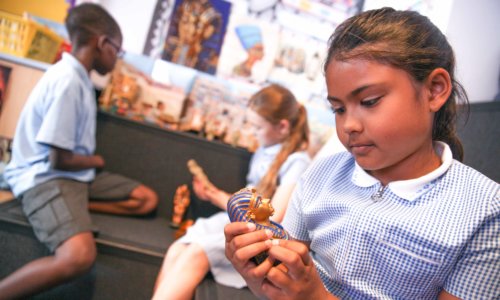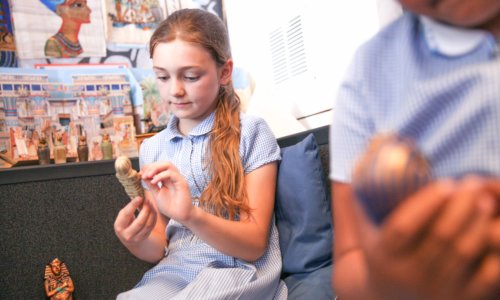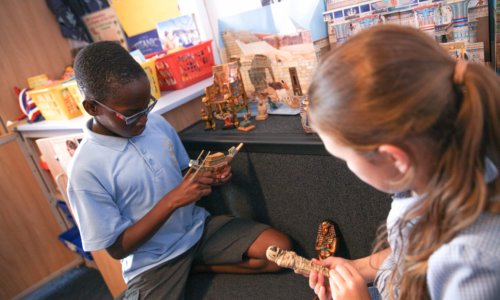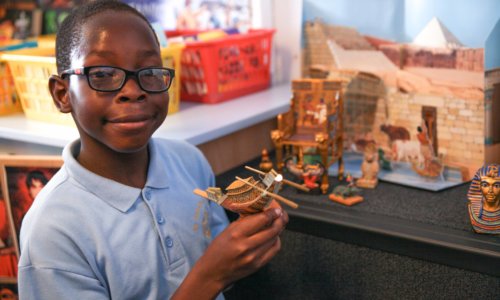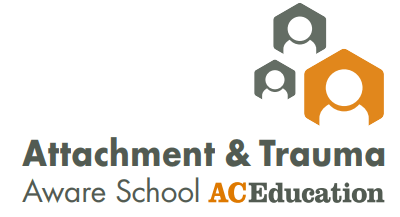A high-quality history education at St. Catherines means that pupils gain a coherent knowledge and understanding of Britain’s past and that of the wider world. Lessons inspire pupils’ curiosity to find out more about the past. Our teaching encourages pupils to ask perceptive questions, think critically, weigh evidence, sift arguments, and develop perspective and judgement. History helps our pupils to understand the complexity of people’s lives, the process of change, the diversity of societies and relationships between different groups, as well as their own identity and the challenges of their time.
Aims
The National Curriculum for history aims to ensure that all pupils:
- know and understand the history of these islands as a coherent, chronological narrative, from the earliest times to the present day: how people’s lives have shaped this nation and how Britain has influenced and been influenced by the wider world
- know and understand significant aspects of the history of the wider world: the nature of ancient civilisations; the expansion and dissolution of empires; characteristic features of past non-European societies; achievements and follies of mankind
- gain and deploy a historically-grounded understanding of abstract terms such as empire, civilisation, parliament and peasantry
- understand historical concepts such as continuity and change, cause and consequence, similarity, difference and significance and use them to make connections, draw contrasts, analyse trends, frame historically-valid questions and create their own structured accounts, including written narratives and analyses
- understand the methods of historical enquiry, including how evidence is used rigorously to make historical claims, and discern how and why contrasting arguments and interpretations of the past have been constructed
- gain historical perspective by placing their growing knowledge into different contexts, understanding the connections between local, regional, national and international history; between cultural, economic, military, political, religious and social history; and between short- and long-term timescales.
Here are some useful websites where you will find great games and information related to your child’s history learning.
https://www.bbc.co.uk/schools/websites/4_11/site/history.shtml
https://www.natgeokids.com/uk/category/discover/history/
The Great Fire of London:
https://www.fireoflondon.org.uk/
Ancient Egypt:
https://www.ancientegypt.co.uk/menu.html
Ancient Greece
Museums:
There are lots of museums and historical sites you can visit in the surrounding areas to support your child’s history learning. Here are a few you may like to visit:
English Heritage Sites
https://www.english-heritage.org.uk/
Verulamium Museum (St. Albans)
https://www.stalbansmuseums.org.uk/visit/verulamium-museum
Imperial War Museum
https://www.iwm.org.uk/visits/iwm-london
RAF Museum
https://www.rafmuseum.org.uk/london/
Many of the museums have free events for families and provide ideas for your visit. Please find links below:
https://www.britishmuseum.org/visiting/family_visits.aspx
https://www.museumoflondon.org.uk/families/visit-museum-london
https://www.vam.ac.uk/whatson/programmes/family

